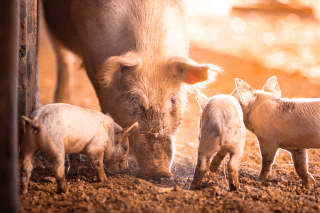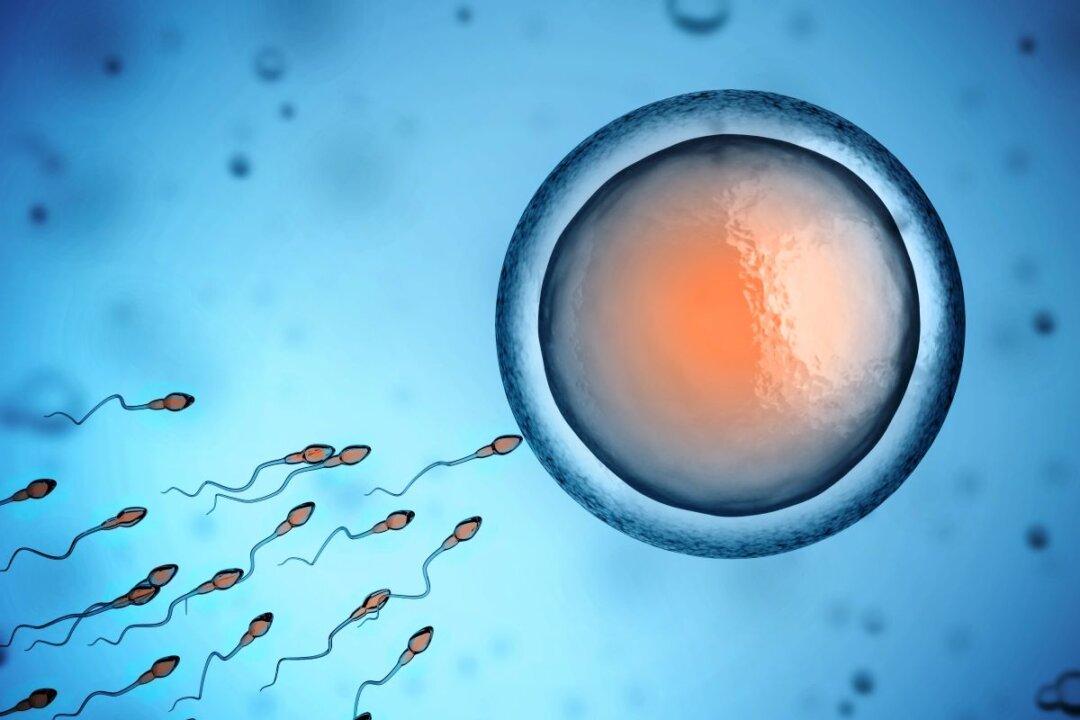Japanese encephalitis has been detected at three more South Australian (SA) piggeries, bringing the total number of cases in SA to four.
According to a Department of Primary Industries and Regions SA (PIRSA) media release on Thursday, the detections were in the local government areas of Murray Bridge, Coorong, Loxton, and Waikerie.





